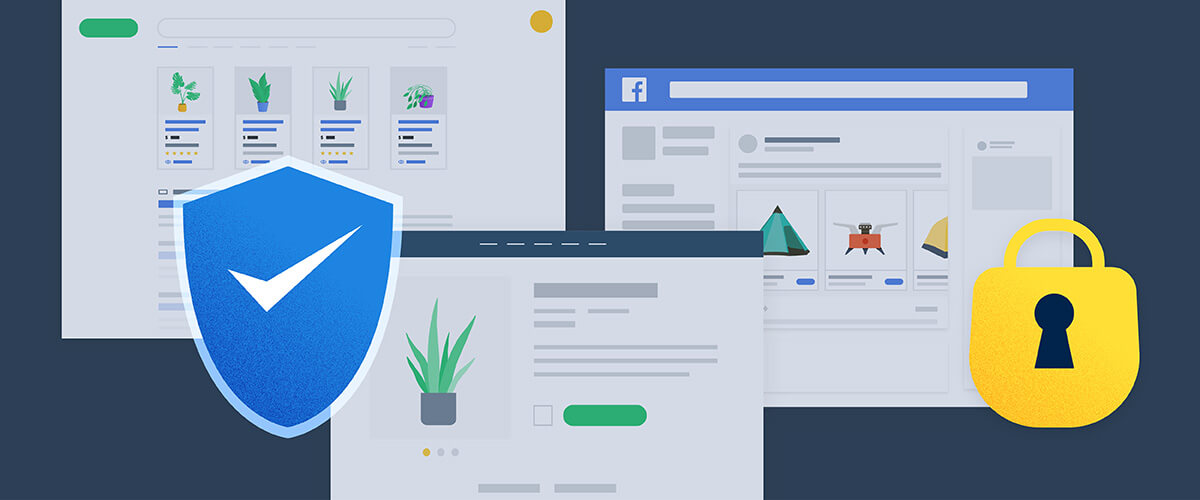Ever Googled yourself? Of course you have. I do it every so often to see what comes up — mostly links to social media and other stuff like that. I deleted my old MySpace profile (an archive of my life as a sixteen-year-old and definitely not something I want as a permanent testament to my character) when I realized it was still up and running, even though I hadn’t been on it in years. Now I clean things up every once in a while — you know, update photos, remove irrelevant info if I can, etc. It’s good to know what information people can access about you, especially if you’re looking for a job or getting involved in anything people could be searching for online.
But what about the information over which you have no control? Back in May, the European Union made a ruling that attempted to combat this issue from a human rights standpoint, claiming that each person has a right to determine the course of his or her life without constant reminders of — and repercussions from — past wrongdoings. The EU decision called for Google to enable individuals to remove links about themselves that they found to be damaging to their reputation — including, as Jedidiah Bracy writes on thePrivacy Association’s website, public records.
The dilemma here is what Google Executive Chairman Eric Schmidt describes as “a collision between a right to be forgotten and a right to know,” adding that in this case, “the balance that was struck was wrong.” Plenty of people agree with him, which is why the decision has come up against so much controversy — particularly with regard to the question of how the ruling can be viably enforced.
According to an editorial in the Washington Post, Google has received over 70,000 requests for removal of information since the ruling two months ago. In their attempt to comply with the order, they ended up removing links to several articles from Great Britain’s The Guardian, which led to more outrage over what was considered a violation of press freedom.
Although, as the same Washington Post article points out, this could have been something that Google did on purpose as a way to stir controversy over the court’s decision (which they opposed), the controversy highlights a valid point: how on Earth could this be enforced properly while at the same time giving its users unbiased search results for their query — the truth?
When you think about it, it’s easy to understand just how damaging such easy access to information about a person’s past can be. A July 12th article from the Daily Herald gives the example of Mario Costeja Gonzalez, a man from Spain who requested that Google remove an article about having to sell his house to pay off debts because although he is now debt free, the article continued to hurt his business relationships. It’s a catch-22: we want to be able to trust Google as a reliable source for information, but because it makes information so accessible, it holds us all accountable for our past transgressions.
Without taking sides, one of the more basic issues this brings up is that we need a little more education about how best to determine the validity and importance of online sources. Perhaps our increased awareness of each others’ mistakes in this age of information should come with increased acceptance and empathy toward one another. With the influx of all this information, we can see more of humanity, across cultural borders and belief systems. Overwhelmingly, what this information tells us time and again is that we’re not all perfect. Ideally, maybe we’d all just stop judging one another.
But since that’s not happening anytime soon, keep an eye out for news about this issue in the near future. In the meantime, do a quick Google search on yourself to see what comes up. You may be surprised.

Logical Position, an Inc. 500 digital agency supporting 5,000+ clients across North America. LP is the proud recipient of Google’s Lead Generation Premier Partner of the Year and Microsoft's Global Channel Partner of the Year 2024! The award-winning agency offers full-service PPC management, SEO, Paid Social, Amazon and Creative Services for businesses large and small. As a Google Premier Partner, Microsoft Elite Partner & Meta Business Partner, LP is in the top 1% of ad spend managed across platforms.



